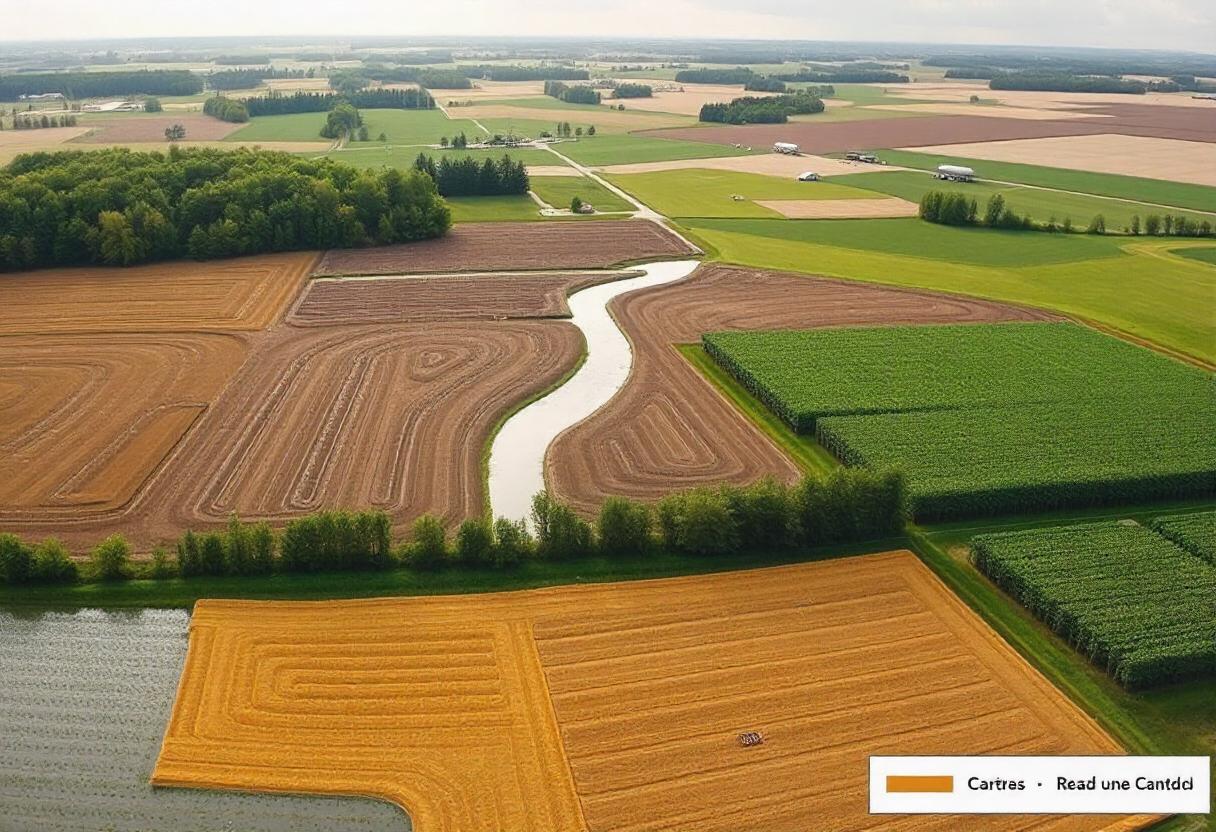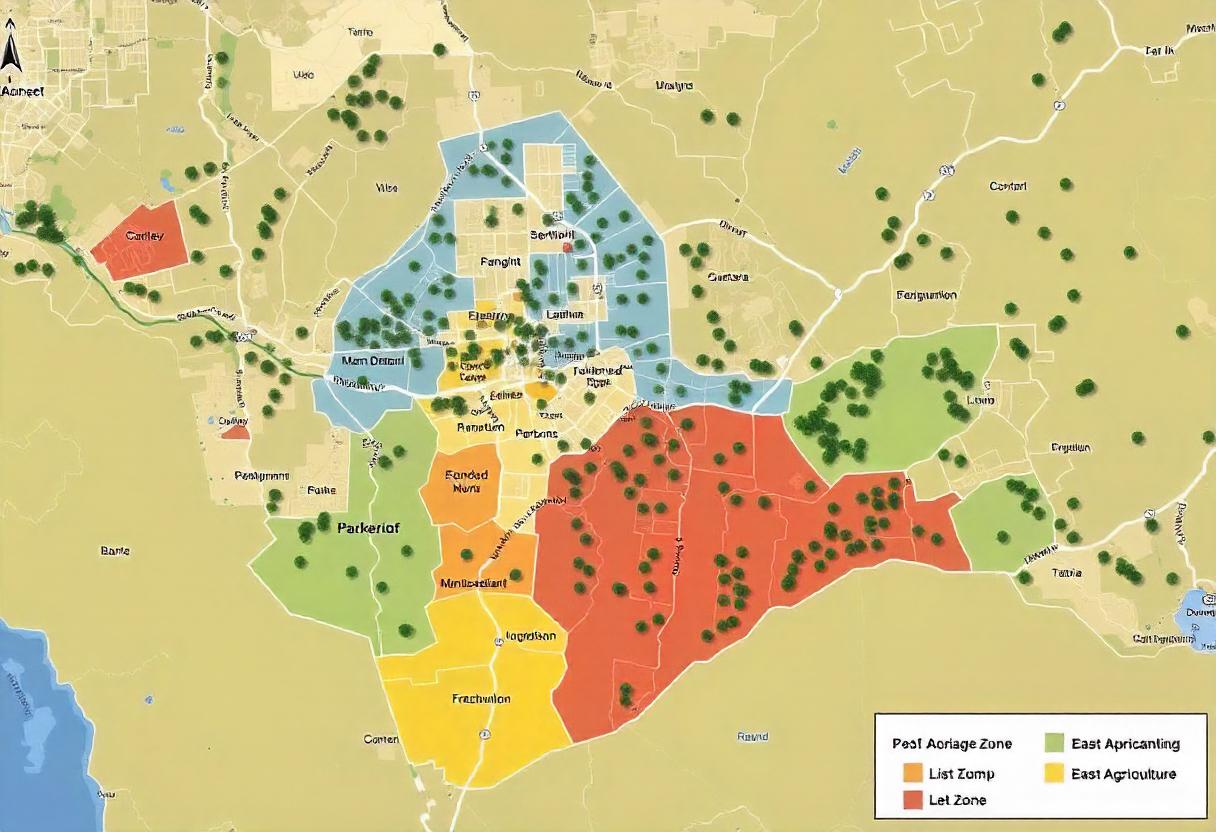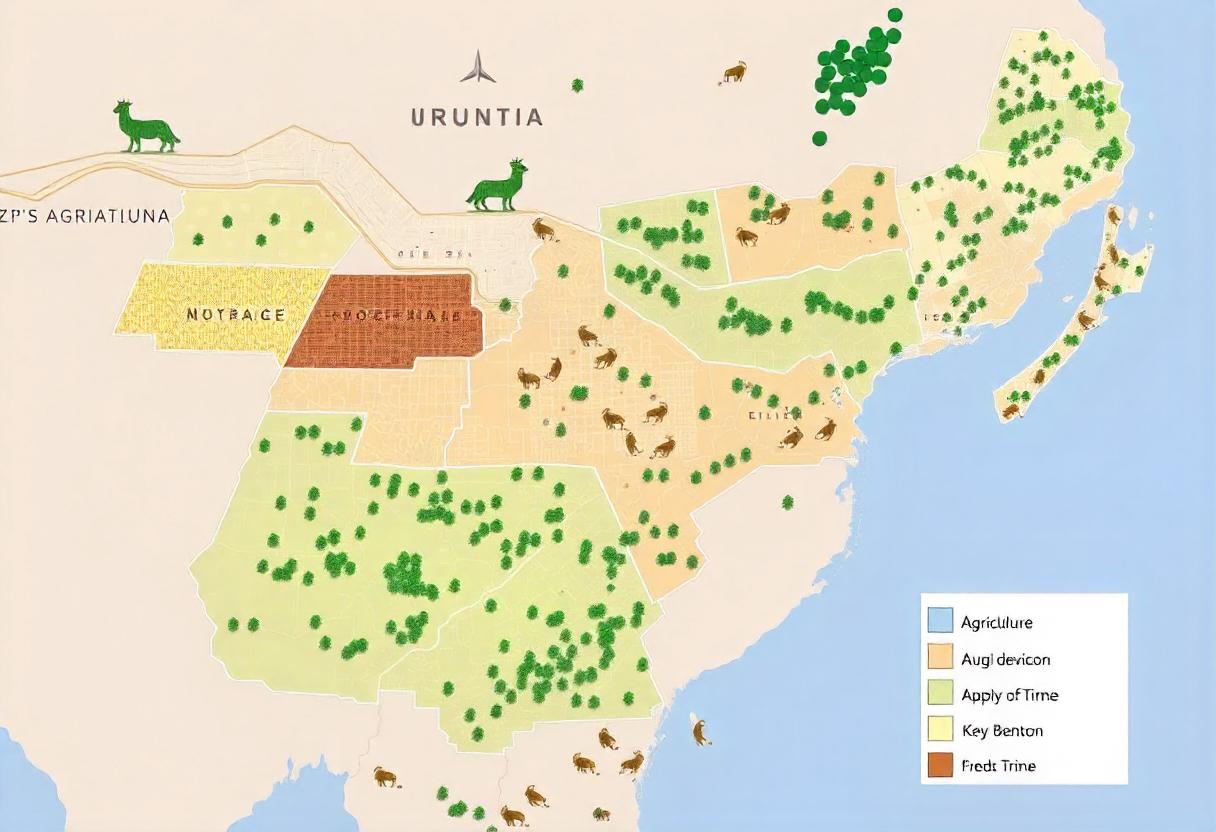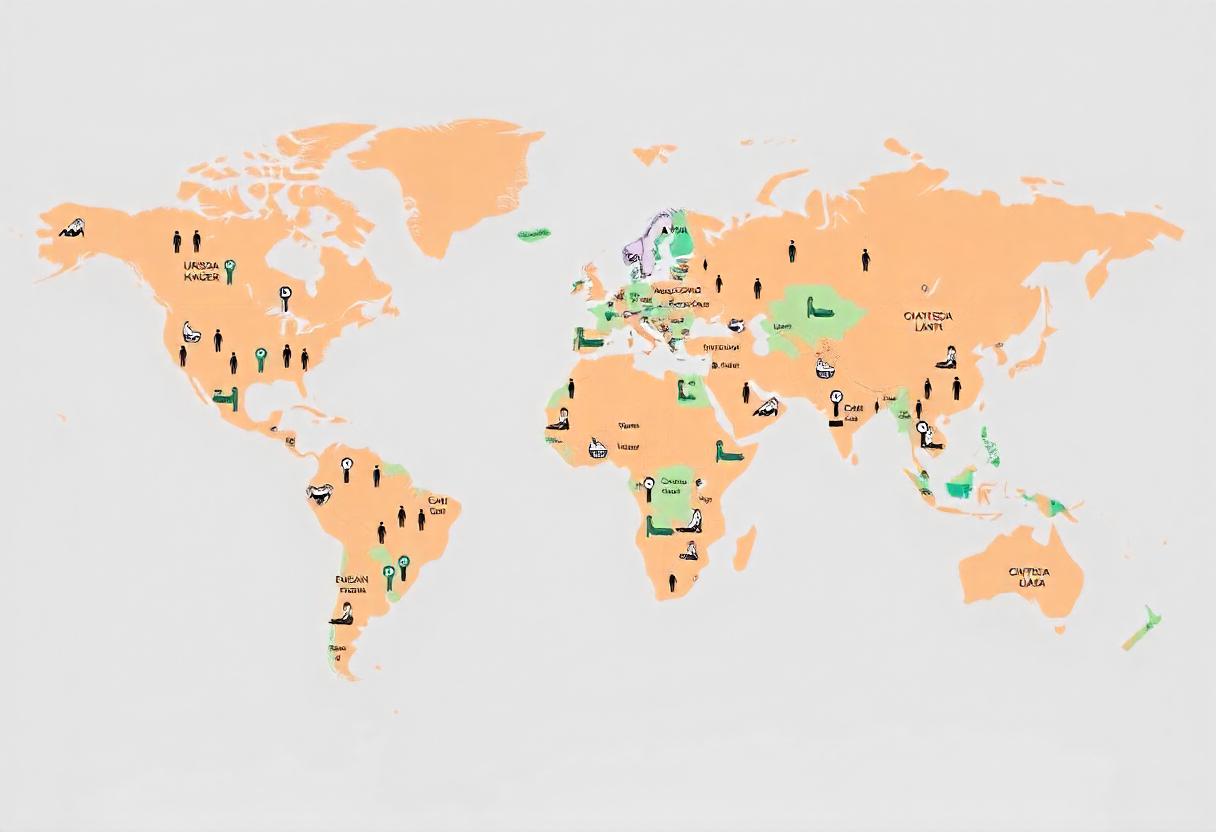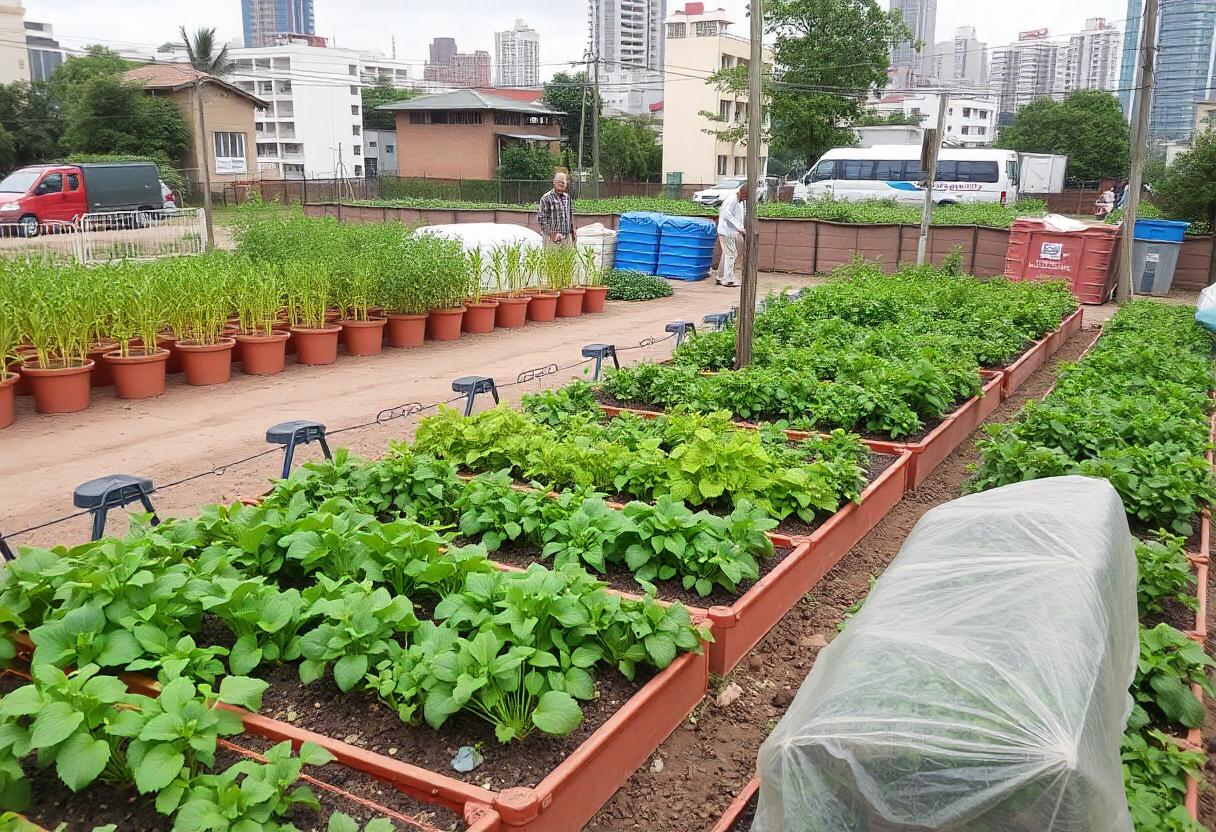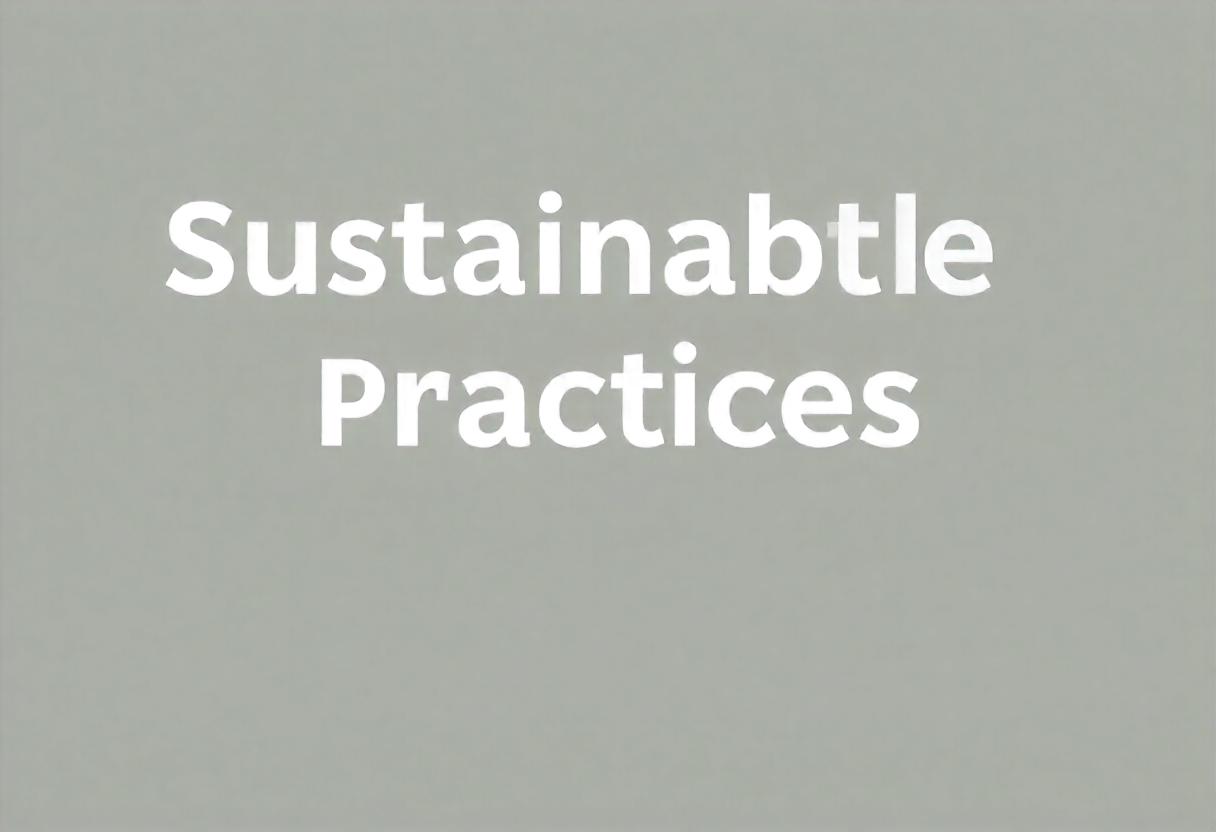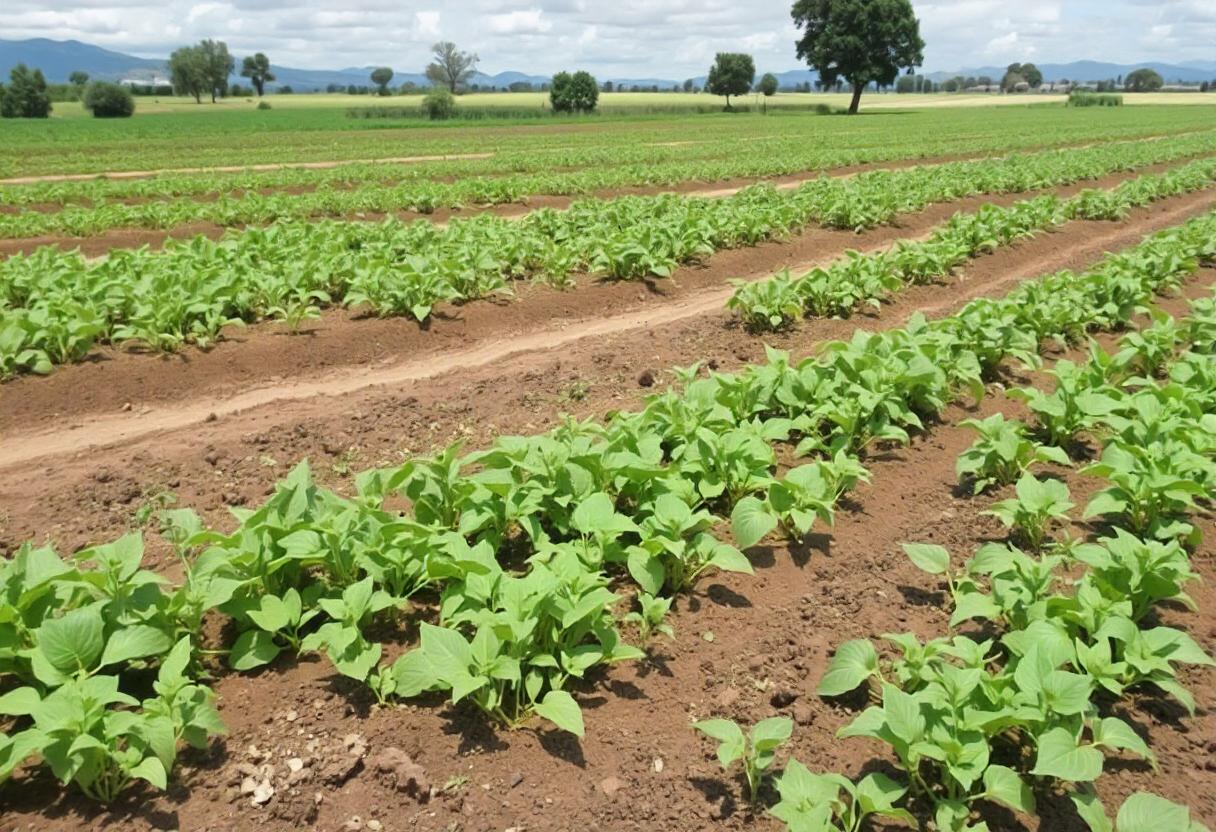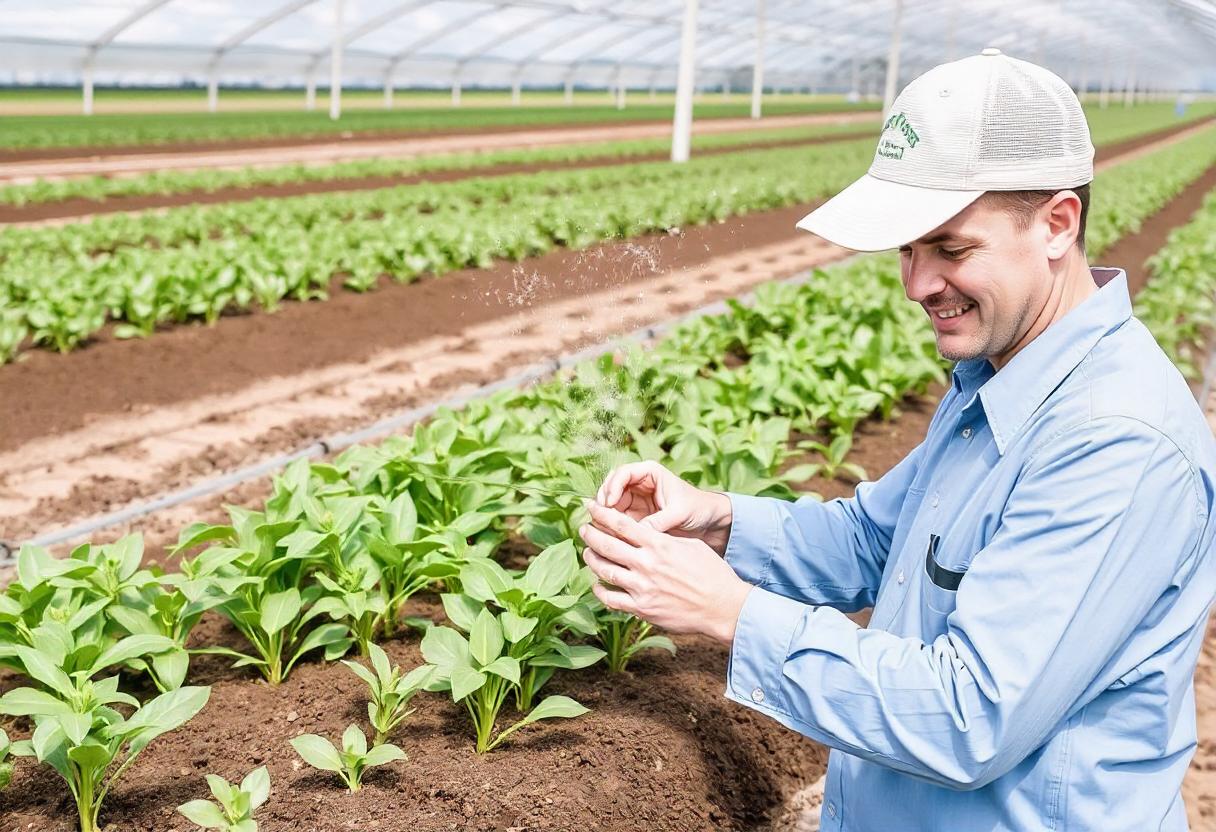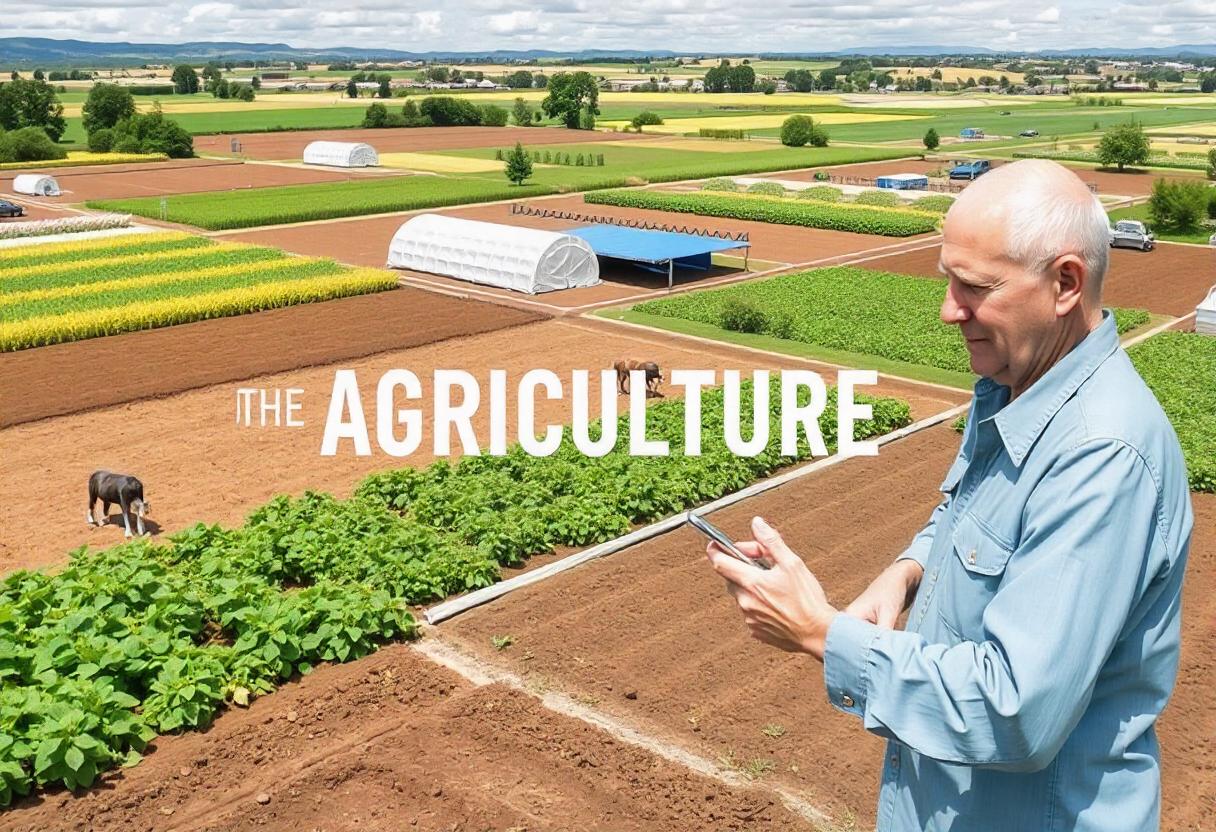Agriculture Zones In Ontario: A Guide To Farming Practices
Ontario is one of Canada’s most agriculturally diverse provinces, with its farming industry benefiting from a variety of agricultural zones. These zones are determined primarily by the region’s climate, soil composition, and topography, which influence the types of crops that can be grown and the methods
Learn MoreAgriculture Zone Maps: A Crucial Tool For Modern Farming
Agriculture zone maps are essential tools that help farmers, researchers, and policymakers understand the agricultural potential of specific regions. These maps visually represent different climatic, soil, and geographical conditions, which influence what types of crops can be grown and how farming practices should be adapted. They
Learn MoreUnderstanding Agriculture Zones: A Key To Optimizing Farming Practices
Agriculture zones, also known as agricultural zones or farming zones, are regions classified based on specific climatic, geographical, and soil characteristics that influence agricultural practices. These zones play a crucial role in determining the types of crops that can be successfully grown and the best farming
Learn MoreGlobal Cooperation: A Pathway To Shared Prosperity
Global cooperation has become a cornerstone in addressing some of the world’s most pressing issues, from climate change and pandemics to economic inequality and conflict. As nations become increasingly interconnected through globalization, the need for collaborative approaches to tackle these challenges has never been more critical.
Learn MoreUrban Agriculture: A New Frontier In Sustainable Living
Urban agriculture, the practice of cultivating, processing, and distributing food in or around urban areas, is transforming how cities address food security, sustainability, and community engagement. As cities continue to expand and populations grow, urban agriculture is emerging as a vital strategy to create resilient and
Learn MoreExploring Alternative Proteins: A Look Into Sustainable And Innovative Food Sources
The search for alternative proteins has gained significant momentum in recent years, driven by a combination of environmental concerns, health considerations, and the quest for innovative food sources. As the global population continues to grow, the traditional methods of protein production are facing increasing scrutiny due
Learn MoreSustainable Practices: A Path To A Greener Future
Sustainable practices are becoming increasingly vital as we navigate the environmental challenges of the 21st century. These practices aim to reduce our ecological footprint, conserve resources, and foster a balance between human needs and environmental preservation. By adopting sustainable practices, individuals, businesses, and communities can contribute
Learn MoreClimate-Resilient Crops: An Essential Solution For A Warming World
The global climate crisis has presented significant challenges to agriculture, a cornerstone of human civilization. Rising temperatures, unpredictable rainfall patterns, increased frequency of droughts, and soil degradation are putting immense pressure on food systems worldwide. In response, scientists and farmers are turning to climate-resilient crops as
Learn MoreAgri-Tech Innovations: Transforming Agriculture In The 21st Century
Agriculture, the backbone of human civilization, has undergone a profound transformation over the centuries. Today, with the advent of agri-tech innovations, we are witnessing a new era in food production, distribution, and sustainability. These technological advancements are revolutionizing farming practices and addressing challenges such as food
Learn MoreThe Future Of Agriculture: Shaping Tomorrow’s Food Production
The future of agriculture is undergoing a significant transformation, driven by a combination of technological advancements, climate change, population growth, and evolving consumer preferences. With the global population projected to reach 9.7 billion by 2050, the pressure on agricultural systems to produce more food with fewer
Learn More